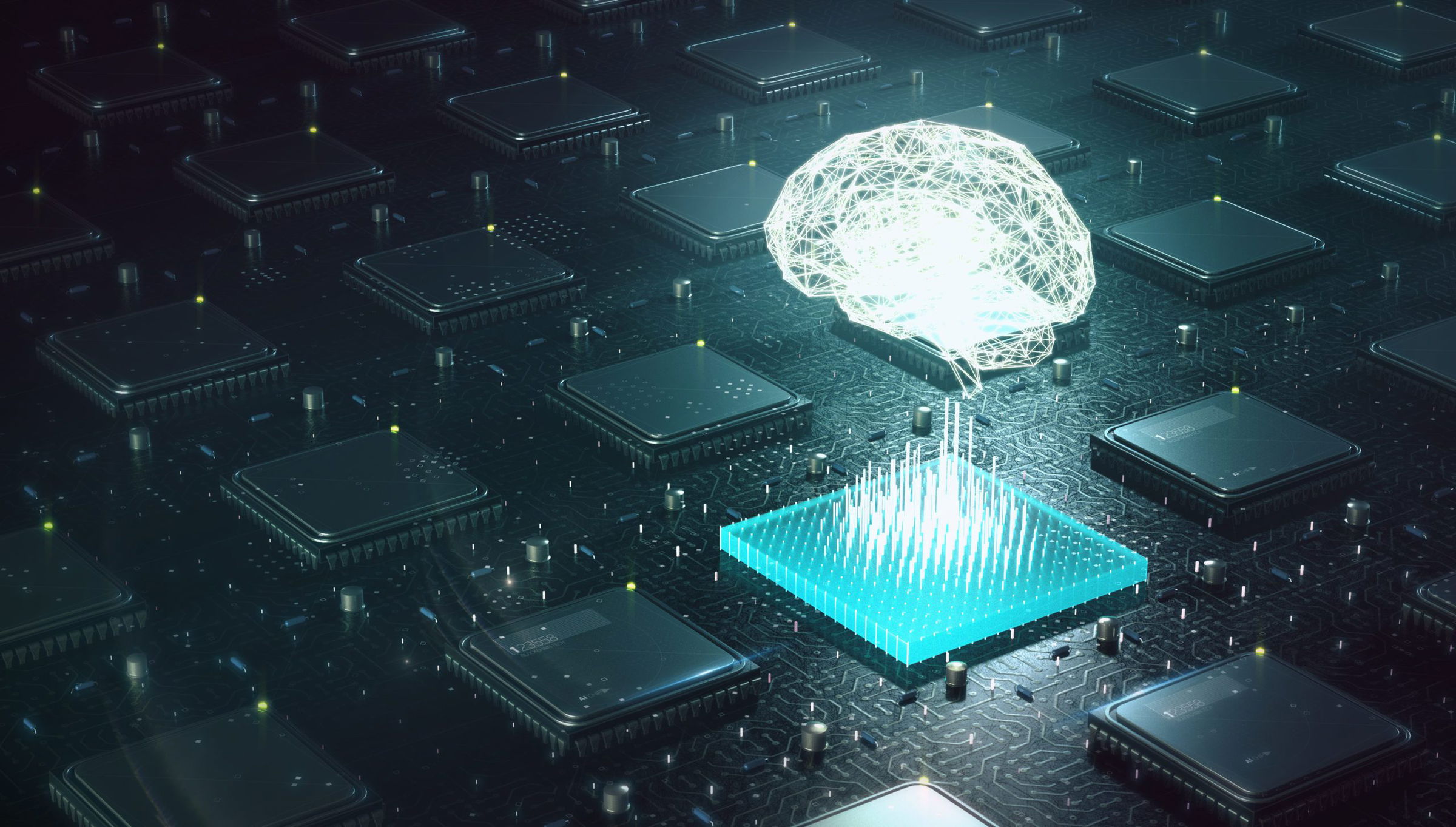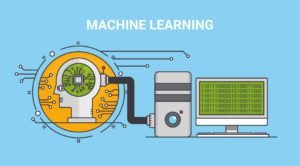5 Tips And Tricks For A Successful Career In AI And Machine Learning
Artificial Intelligence (AI) and Machine Learning (ML) are two of the most in-demand skills in the tech industry today. And with good reason, these cutting-edge technologies are transforming how businesses operate.
Learning about these technologies is the best way to prepare and excel in this change.
So, if you’ve ever wondered about making a career in AI and ML, you’re in the right place. Here are five tips and tricks to help you succeed in this exciting field.
1. Define Your Goals and Narrow Your Focus
Do you want to become an expert in a specific area, or do you want to use these technologies to solve particular problems?
Once you have a clear goal in mind, you can start to narrow down your focus area. For example, if you want to use ML to solve problems, you may want to focus on data mining, predictive modeling, or natural language processing.
To become an expert in a specific area, you may want to focus on research or developing new algorithms. Whatever your goals, it is essential to choose a focus area you are passionate about to stay motivated and succeed in your AI and ML career.
2. Build A Strong Foundation
A career in AI or ML can be enriching, but it requires a strong foundation in both theoretical and practical skills. It is essential to work with data and have strong math skills.
You’ll need to understand algorithms and data structures well and experience working with large data sets. Familiarity with popular AI and ML libraries and frameworks will also be helpful.
Plenty of resources are available online in the form of courses and in libraries to help you get started. You can also consider an AI or ML certification to dig deeper into the subject.
3. Develop A Portfolio Of Projects
One crucial aspect of any successful career in AI and ML is having a solid portfolio of projects. This portfolio can showcase your skills and abilities to potential employers and help you land your desired jobs.
When developing your portfolio, choose projects highlighting your strengths and showcasing your skills. If you’re starting, you may want to consider choosing smaller tasks that you can complete quickly. As you gain experience, you can add more complex projects to your portfolio.
There are a few things to keep in mind when developing your portfolio of AI and ML projects:
- Make sure to choose projects that are interesting to you and that you can complete within a reasonable timeframe.
- Try to choose projects that will showcase your skills in both AI and ML.
- Don’t be afraid to ask for help from others when needed.With these tips in mind, you’re well on your way to developing a solid portfolio of AI and ML projects.
4. Find A Mentor
Finding a mentor is critical for anyone wanting a successful career in AI and ML.
A mentor can provide guidance, support, and advice regarding career choices and opportunities. Having a mentor can also help you stay motivated and focused on your goals. It allows you to navigate the often-complex world of AI and ML and can provide invaluable insights.
Your mentor is someone who has already made the journey you’re looking to complete. You can find your mentor in your workplace, social media platforms, communities, etc.
5. Network
In today’s competitive job market, having a solid professional network is more critical than ever.
A strong network can provide access to mentors, colleagues, and collaborators who can help further your career in AI and ML. In addition, networking can help you find a job, get promoted, and advance your AI and ML career.
By networking with other AI and ML experts, professionals can stay up-to-date on the latest trends and developments, share ideas and best practices, and find new opportunities.
You can get involved in the ML community, whether attending meetups or conferences or participating in online forums.
You can look for online platforms and communities to find enthusiasts like yourself and network with them.
Conclusion
The field of AI and ML is constantly evolving, so it’s essential to keep updated about these changes.
But if you’re starting, learning the basics will require you to enroll for AI and ML certification. And if you wish to learn from the best of the best, check out Imarticus Learning’s dedicated Artificial Intelligence and Machine Learning course in collaboration with the Indian Institute of Technology.
Imarticus Learning offers chat support and has excellent training centers in Mumbai, Thane, Pune, Chennai, Bengaluru, Delhi, and Gurgaon. Please reach out for further clarity.










